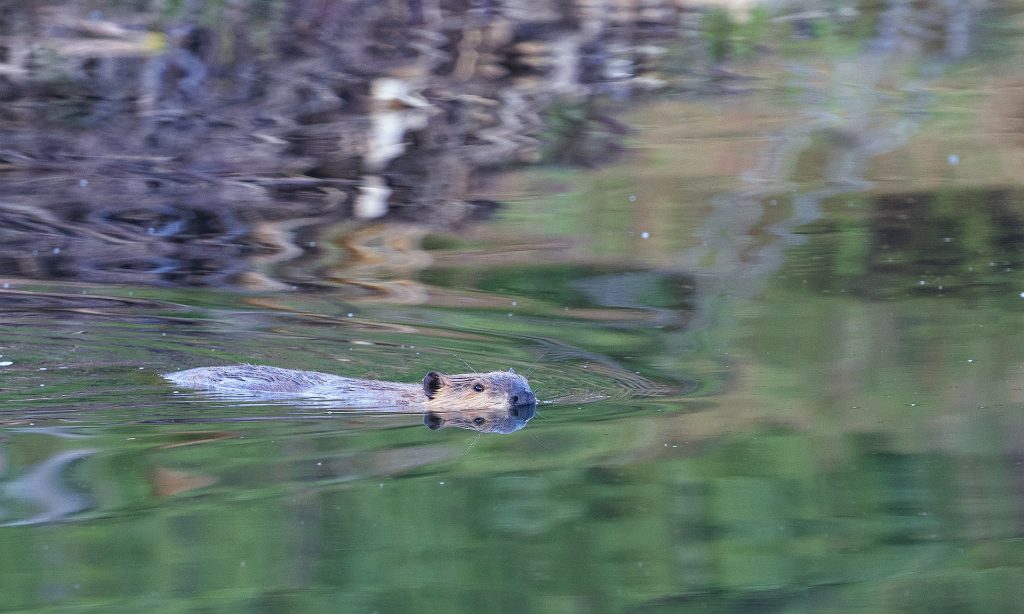Three great stories we found on the internet this week.
Taking flight
Not every teen in Ferguson, Missouri who’s donning aviator glasses is embracing their inner Freddie Mercury. Some may have graduated from the Red Tail Cadet Program, a free six-week flight school that aims to give high-schoolers a clear runway to a possible career in aviation while diversifying the industry.
Nearly all US airline pilots are white men, according to the Bureau of Labor Statistics. Meanwhile, students in majority-Black Ferguson are 30 percent less likely than the average Missouri teen to continue education after high school. The Red Tail Cadet Program offers its students a view of possibility on the horizon with one-on-one flight instruction and ground training. And though the students don’t graduate with enough flight hours to become fully licensed pilots, many leave inspired to pursue dreams they never considered. One recent Red Tail cadet hopes to be a military flight surgeon one day; another wants to work as a flight instructor.
“We want to open up aviation to people that might only have thought of it as a distant dream,” said the program’s creator.
Read more at St. Louis Post-Dispatch
Weighed down by negative news?
Our smart, bright, weekly newsletter is the uplift you’ve been looking for.Leave it to beavers
In the American West, humans and beavers have battled it out for centuries, with some ranchers dynamiting the dams that either flood or dry out their properties.

Now, a new peace is emerging. With climate change-driven drought making water management tougher, ranchers are finding that letting the toothy rodents do their thing often has its benefits. When the owner of Nevada’s Cottonwood Ranch let beavers thrive on his property, for instance, he ended up with more water sources for his cattle, flood mitigation and stronger wildfire protection.
Now, state governments are catching on. Citing climate resiliency and biodiversity benefits, California recently allotted $1.5 million a year to support beaver habitats.
“It may seem trite to say that beavers are a key part of a national climate action plan, but the reality is that they are a force of 15-40 million highly skilled environmental engineers,” wrote two scientists.
Read more at the New York Times
That’s the ticket
Trials of free and very-low-cost mass transit continue to win over car commuters, converting drivers to the joys of letting someone else take the wheel.
From June to August, Germany offered ultra-affordable monthly transport passes for just US$9. An impact study revealed that around 10 million of the people who purchased one hadn’t typically used mass transit in the past.
It wasn’t just the new riders who benefited. According to the German government, the initiative also reduced CO2 emissions by 1.8 million tons thanks to all the would-have-been drivers who ditched their cars for a spell.










